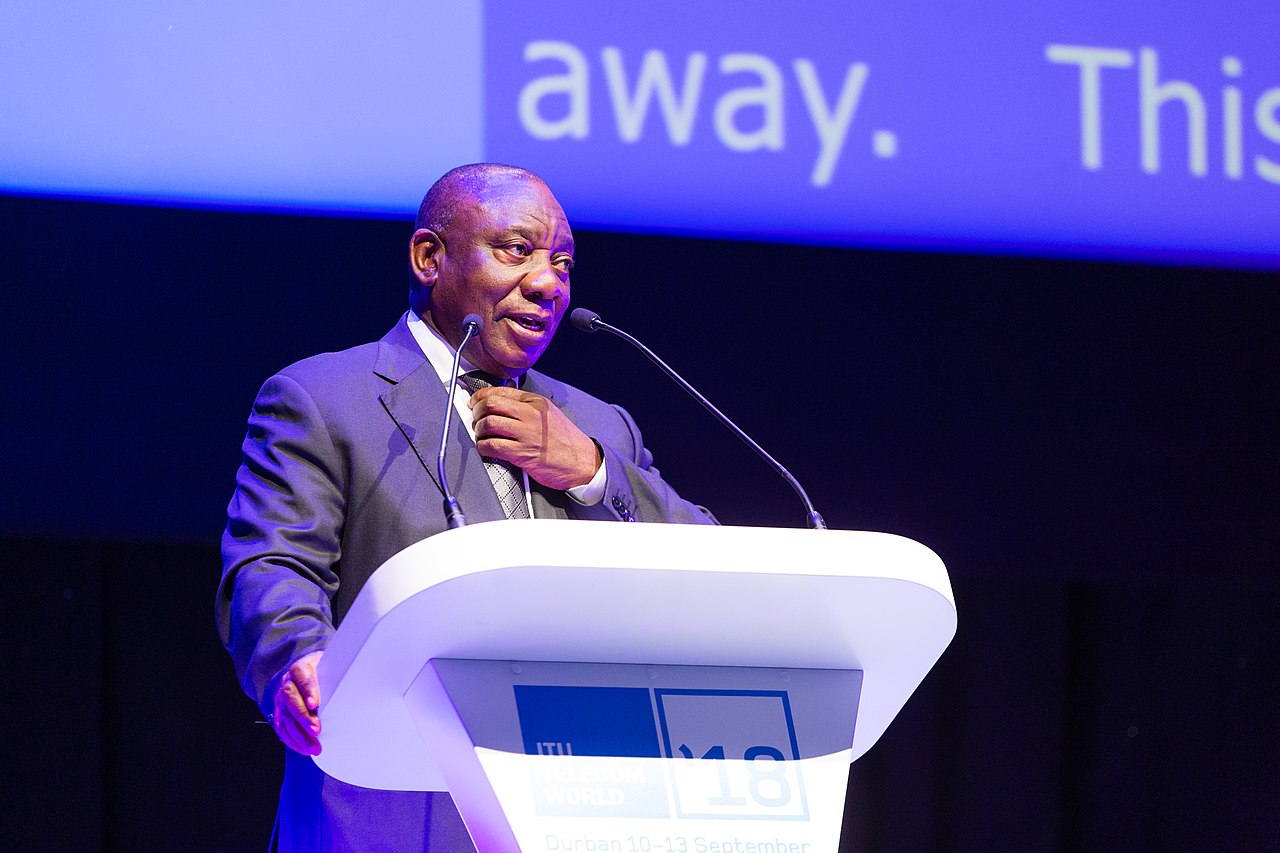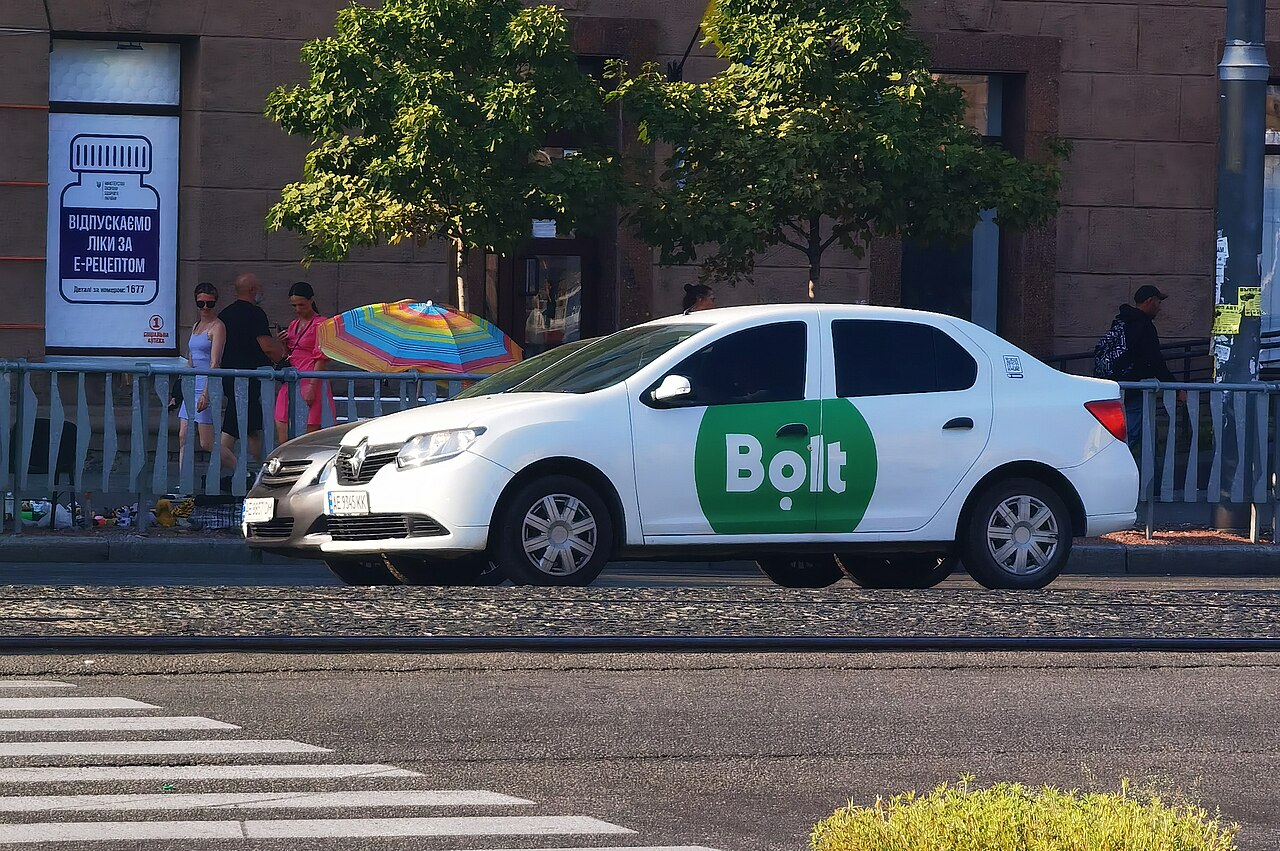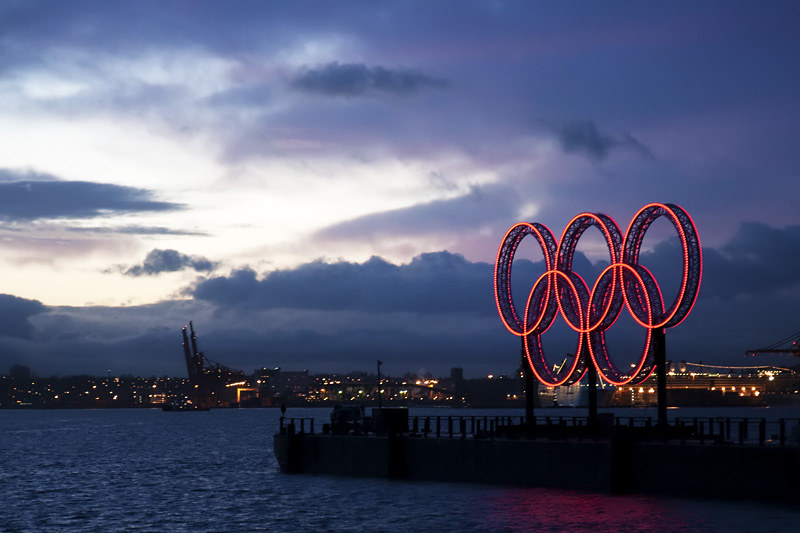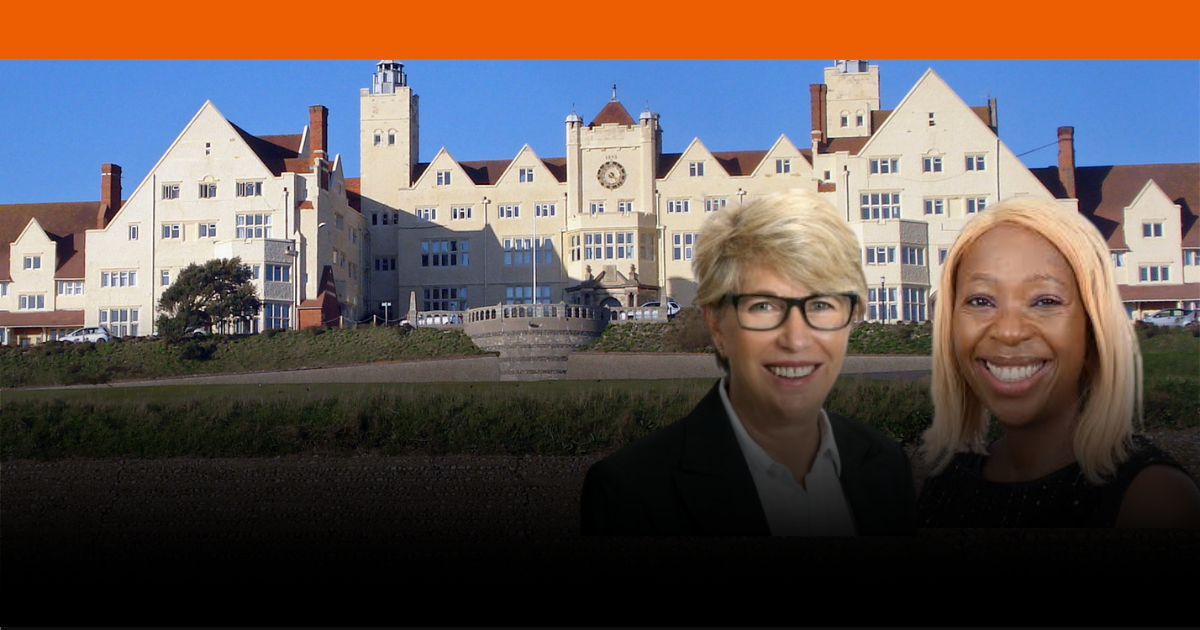It has been a hectic week in Mzansi. Last Thursday, President Cyril Ramaphosa delivered the much-anticipated State of the Nation Address (SONA), followed by a debate where political parties weighed in on his speech. SONA isn’t just another political event; it is meant to provide citizens with an update on government achievements, challenges, and plans for the year ahead.
But does it truly deliver on that promise? Let’s take a deep dive into why SONA matters, unpack the key takeaways, and gauge South Africans’ reactions to the President’s address.
So, how does a SONA even happen?
Before we dive into what the President had to say, let’s take a step back and look at what goes on behind the scenes in the lead-up to SONA; it’s more than just a fancy speech.
We spoke to political analyst Goodenough Gakwi Mashego, who broke it down for us:
“The SONA speech is compiled from reports submitted by ministers outlining their achievements in office. This ensures the President delivers a well-informed speech.”
Basically, every government department compiles reports on their progress, challenges, and future plans. These reports are then carefully reviewed by the President, Cabinet Ministers, and advisors, sometimes for weeks or even months, to shape the overall message. A team of skilled speechwriters then steps in to refine the final draft, making sure it aligns with the government’s priorities and messaging. And yes, the President does rehearse it before presenting it.
Why SONA matters
You might be wondering, “Why is this speech such a big deal?” Well, Mashego explains that understanding SONA helps citizens grasp how national issues impact local governance. It’s where we hear about service delivery issues—why the water’s still off, why Eskom is Eskoming, and what (if anything) the government is doing about it.
SONA is an opportunity for the President to address the nation on South Africa’s political, economic, and social state, account for government actions, and outline the programme of action for the year ahead. Traditionally, key government announcements are made during this joint sitting of Parliament.
The three biggest things Ramaphosa promised
Against the backdrop of tensions with the US and a threatening Donald Trump, President Cyril Ramaphosa kicked off his State of the Nation Address (SONA) in Cape Town on Thursday night, noting:
“We are a resilient people. We will not be bullied.”
He also spoke about South Africa’s commitment to peace, emphasising that the country will continue working towards diplomatic solutions in conflicts like those in Ukraine and the Middle East.
The speech covered a range of issues, but here are three major takeaways that directly impact South Africans:
1. Focus on economic growth and jobs
If there’s one thing South Africans need right now, it’s job opportunities. Ramaphosa made it clear that economic growth is a top priority, with plans to push the growth to above 3%. He’s counting on financial institutions and investors to release R100 billion for infrastructure, fixing struggling state-owned companies like Eskom and Transnet, and giving more support to small businesses, especially those owned by black entrepreneurs, women, and persons with disabilities.
2. Water and infrastructure: fixing a thirsty nation
The President addressed another critical issue: water shortages. He announced major investments to repair and expand water infrastructure, including the construction of new dams and a national water agency to better manage resources. SA’s struggling roads, ports, and rail networks will also receive upgrades to improve service delivery.
3. Social relief and education improvements
For millions of South Africans, social grants are a lifeline, and Ramaphosa confirmed that the Social Relief of Distress Grant will remain the support system for unemployed citizens.
On the education side, there was a reason to celebrate. South Africa recorded its highest matric pass rate of 87%, and the government is stepping up efforts to improve early childhood learning, TVET colleges, and university access. That means more funding for students, better skills training, and hopefully, a smoother transition from school to employment.
What South Africans are saying
TV presenter and TikToker Dan Corder praised Ramaphosa’s speech in a video that garnered 1.7m views, saying:
“He did not back down on anything. No international pressure changed a single word.”
Even EFF leader Julius Malema, a frequent critic, acknowledged the need for South Africa to stand firm against global powers. However, he questioned the actual implementation of the President’s plans.
The China Global Television Network also highlighted Ramaphosa’s response to Trump’s claims about land expropriation, which sparked a wave of support for South Africa’s stance.
What the political parties had to say
➡️ ANC: Standing by their man
ANC Chief Whip Mdumiseni Ntuli defended Ramaphosa’s address, calling it “focused” and “solution-driven.” He dismissed concerns over the Government of National Unity (GNU), insisting the coalition remains strong.
➡️ MK Party: Zuma’s legacy defended
MK Party’s John Hlophe dismissed claims of “nine wasted years” under Jacob Zuma, instead highlighting achievements in education, healthcare, and infrastructure.
➡️ DA: Steenhuisen’s reality check
DA leader John Steenhuisen did not hold back, stating that South Africa is in crisis. He raised concerns about potential US tariff barriers and AGOA, warning that another Trump presidency could put “America First” at South Africa’s expense.
➡️ EFF: Malema demands action
Julius Malema criticised Ramaphosa for making grand promises without concrete action, demanding real solutions for state capture, economic growth, and social inequality.
➡️ FF Plus: ’Ek is hier om te bly’
FF Plus leader Pieter Groenewald took a different approach, delivering a straightforward message: Afrikaners are part of South Africa’s DNA, and those who want to leave are free to do so—but he’s staying put. He dismissed land expropriation as ineffective and called on the government to focus on making South Africa a place where people want to stay, not flee.
➡️ActionSA: Trollip’s blunt assessment
ActionSA’s Athol Trollip called Ramaphosa’s SONA “delusional and out of touch,” criticising the government’s failure to implement key policies.
Was SONA Effective?
Speaking to explain, Mashego said that the President’s speech was well-written and had figures. However, he pointed out that members of the GNU largely supported each other, failing to provide strong opposition.
Simamkele Ngesi, an avid SONA watcher, agreed and shared with us, “The speech painted a perfect picture rather than reflecting the true state of the country. It lacked accountability, and political parties engaged in poorly in the debate.”
Ramaphosa responds
In his response to the SONA debates, President Ramaphosa urged unity: “This debate illustrated the dangers of retreating to ideological, cultural, racial, and linguistic enclaves, without engaging beyond our immediate circles.” He also highlighted the upcoming National Dialogue as a crucial platform for addressing South Africa’s challenges collaboratively. Reiterating his stance on global relations, he declared: “We will not be bullied by anyone.”
The 2025 SONA has laid out the promises, but let’s be real: the real challenge is making them happen. Will this be the year South Africa sees real change, or are we in for another round of “same speech, different year”?
Guess we’ll have to wait and see.



